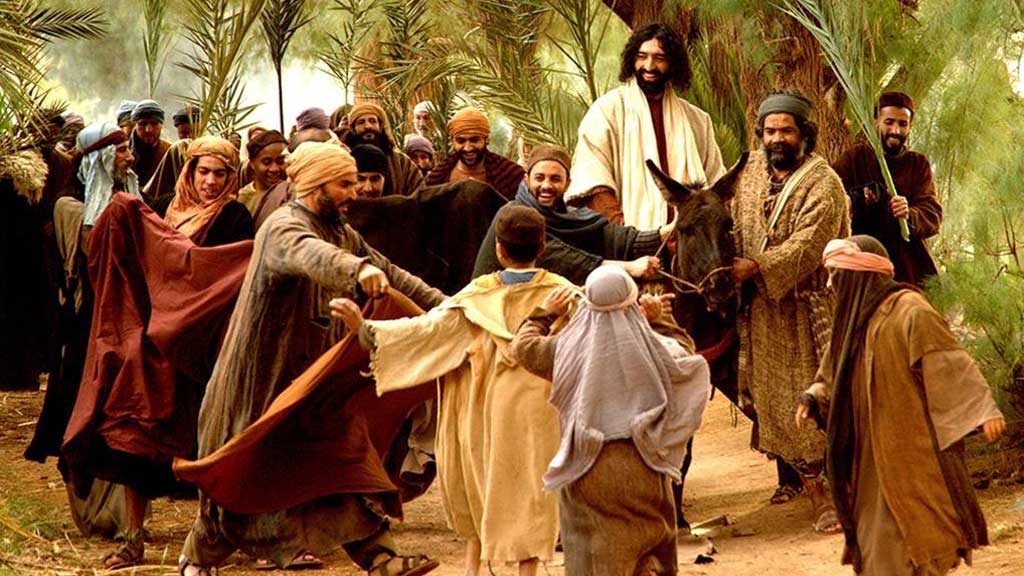In relation to belief in God, the late Christopher Hitchens wrote: “What can be asserted without evidence can be dismissed without evidence”, an aphorism that has become known as ‘Hitchens’ razor’. His point was that since assertions about God are unsupported by evidence, then those assertions can, and should, be dismissed.
His argument assumes there is no evidence for God. Since God is invisible, we cannot just look into space and see Him there, so it seems at first glance Hitchens is on safe ground. But if God had revealed himself to mankind in a way that His personality, i.e. His way of being a person, was unmistakably clear, then that revelation, that communication, is evidence for the Communicator.
This is the witness of apostles and early Christians, recorded, preserved and believed on down the centuries, that Jesus is the Word of God, the communication of God, God with us.
The events of the last week of his earthly life are recorded in some detail in the Gospels. Over the next few days we will review some of what the Gospels recorded about these last days and consider the implications of the events that happened in Jerusalem nearly 2000 years ago.
“He went on ahead, going up to Jerusalem. As he approached Bethphage and Bethany at the hill called the Mount of Olives, he sent two of his disciples, saying to them, ‘Go to the village ahead of you, and as you enter it, you will find a colt tied there, which no one has ever ridden. Untie it and bring it here. If anyone asks you, “Why are you untying it?” say, “The Lord needs it.”’
Those who were sent ahead went and found it just as he had told them. As they were untying the colt, its owners asked them, ‘Why are you untying the colt?’
They replied, ‘The Lord needs it.’
They brought it to Jesus, threw their cloaks on the colt and put Jesus on it. As he went along, people spread their cloaks on the road.
When he came near the place where the road goes down the Mount of Olives, the whole crowd of disciples began joyfully to praise God in loud voices for all the miracles they had seen:
‘Blessed is the king who comes in the name of the Lord!’
‘Peace in heaven and glory in the highest!’
Some of the Pharisees in the crowd said to Jesus, ‘Teacher, rebuke your disciples!’
‘I tell you,’ he replied, ‘if they keep quiet, the stones will cry out.’
As he approached Jerusalem and saw the city, he wept over it and said, ‘If you, even you, had only known on this day what would bring you peace – but now it is hidden from your eyes. The days will come upon you when your enemies will build an embankment against you and encircle you and hem you in on every side. They will dash you to the ground, you and the children within your walls. They will not leave one stone on another, because you did not recognise the time of God’s coming to you.’
When Jesus entered the temple courts, he began to drive out those who were selling. ‘It is written,’ he said to them, ‘“My house will be a house of prayer”; but you have made it “a den of robbers”.’ [Luke 19:28-46]
On this day the people expressed their expectations that Jesus was their King, the one who had come from God, and was even divine – God in human form.
But, what would He do? Free them from Roman rule? Make Israel great again?
He immediately challenges these expectations about what He would do. He has a very different purpose, one that would transform our understanding of both who God is and who we are being called to be, and the reason why God created the Universe.
Graham Ford
President – Jesus Christ for Muslims

